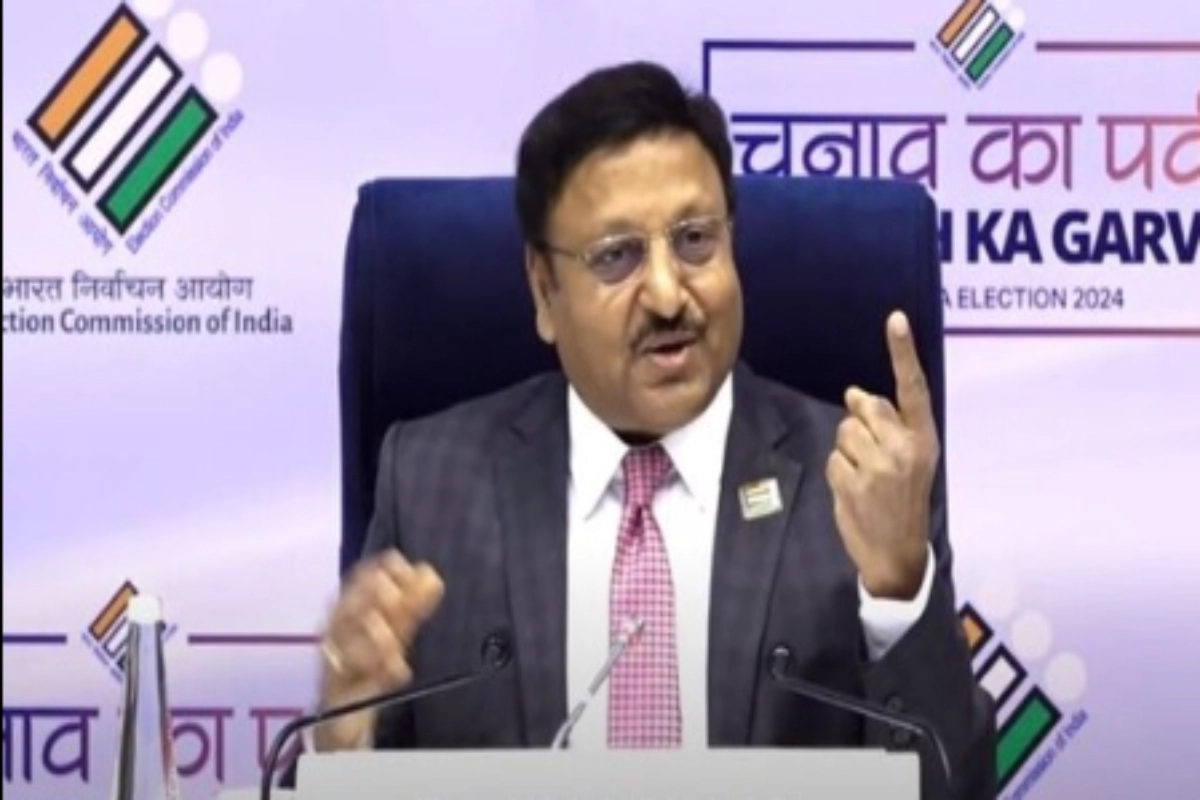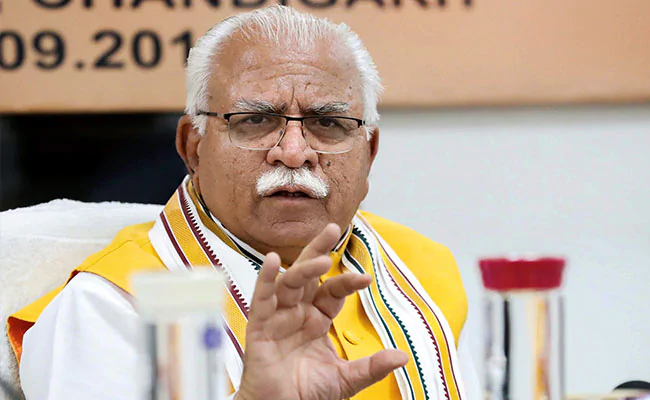Lok Sabha Election 2024: On Saturday, March 16, the Election Commission of India is hosting a media conference to reveal the dates of the next Lok Sabha elections in 2024. On June 16, the current administration will come to an end.
Eligible Voter Statistics
96.8 crore individuals are eligible to vote in the next elections at more than 12 lakh voting places, according to CEC Rajiv Kumar. CEC Rajiv Kumar addresses the significant obstacles to holding free and fair elections by highlighting the “4Ms”: money, power, misinformation, and MCC infractions. He stated that the Election Commission of India is committed to addressing these issues with practical solutions.
What are the 4 Ms?
Muscle Power
The impact of physical force on elections is one of the main issues facing the EC. In order to influence voters or discourage opposition candidates, political parties frequently use coercive measures, threats, and acts of violence. This jeopardises election integrity and undercuts the democratic process.
Money Power
The flood of cash into political campaigns presents a serious obstacle for the EC. Large sums of money are used by political parties and candidates to finance their campaigns, which causes problems including vote-buying, corruption, and unequal access to resources. Money power has the ability to distort elections and erode democratic values.
Misinformation
The dissemination of false information and fake news has become a significant concern for the EC in the digital age. Propaganda, malicious content, and false narratives spread over social media can stoke conflict, distort public opinion, and interfere with the political process. Strong initiatives to support media literacy, fact-checking, and appropriate online conduct are necessary to combat misinformation.
MCC Violations
During elections, political parties and candidates are guided by the Model Code of Conduct (MCC). Nonetheless, there are many examples of MCC violations, such as hate speech, polarisation within the community, and electoral malfeasance. Effectively enforcing the MCC and prosecuting offenders continues to be an ongoing difficulty for the EC












